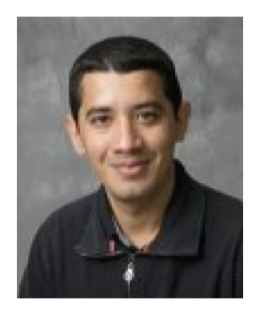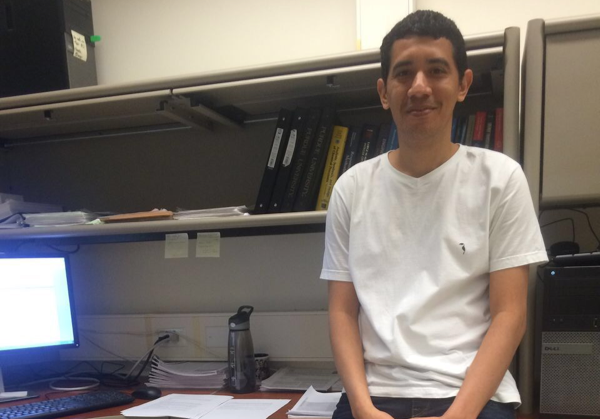
PhD in Chemical Engineering, Purdue University
MSc in Chemical Engineering, Universidade de São Paulo (USP)
BSc in Chemical Engineering, Universidad Industrial de Santander (UIS)


PhD in Chemical Engineering, Purdue University
MSc in Chemical Engineering, Universidade de São Paulo (USP)
BSc in Chemical Engineering, Universidad Industrial de Santander (UIS)
What was your research topic and how did you become interested in it?
Since high school, I have been fascinated by energy production, conversion, and transportation processes. Energy plays a very important role in our lives and in the development of our society. However, ensuring a reliable, sustainable, and affordable energy supply at a regional or national level is not a simple task. It requires the development and implementation of comprehensive tools to support the design and planning of the energy systems.
I decided to focus my PhD thesis on the management of energy supply chains under uncertainty. Specifically, I developed decision-support tools for the design and planning of the Colombian Interconnected Power System (Sistema Interconectado Nacional (SIN)) for the next 15 years, considering climate change strategies. My doctoral research also included the development of tools to assess shale gas development in Colombia.
The Colombian power system is a very interesting one. Its design and management require accounting for its vulnerability to climate change and for the diverse technologies used. On one hand, hydropower generation – which relies on natural precipitation and environmental conditions – accounts for about 70% of the country’s total installed power generation capacity. On the other hand, technologies like hydropower and fossil thermal power plants need to be designed, planned, and operated to supply electricity demand nationwide. All this while keeping reliability, affordability, and environmental government targets.

"During my undergraduate studies in Colombia, I never thought that the author of one of my Chemical Engineering books (G. V. Reklaitis) could end up being my PhD advisor!" – Omar Guerra Fernández
What were the most difficult and the most gratifying aspects of your studies?
The most challenging and critical step during my PhD studies was the definition of the scope and extent of my doctoral research. Particularly, the selection of decision elements that should be considered in each decision-support tool required rigorous examination.
What are your plans after graduation?
After finishing my PhD, I joined the National Renewable Energy Laboratory (NREL), in Golden, Colorado, as a postdoctoral fellow in the field of power system modeling and tool development.
Contact information:
Last modified: June 28, 2023